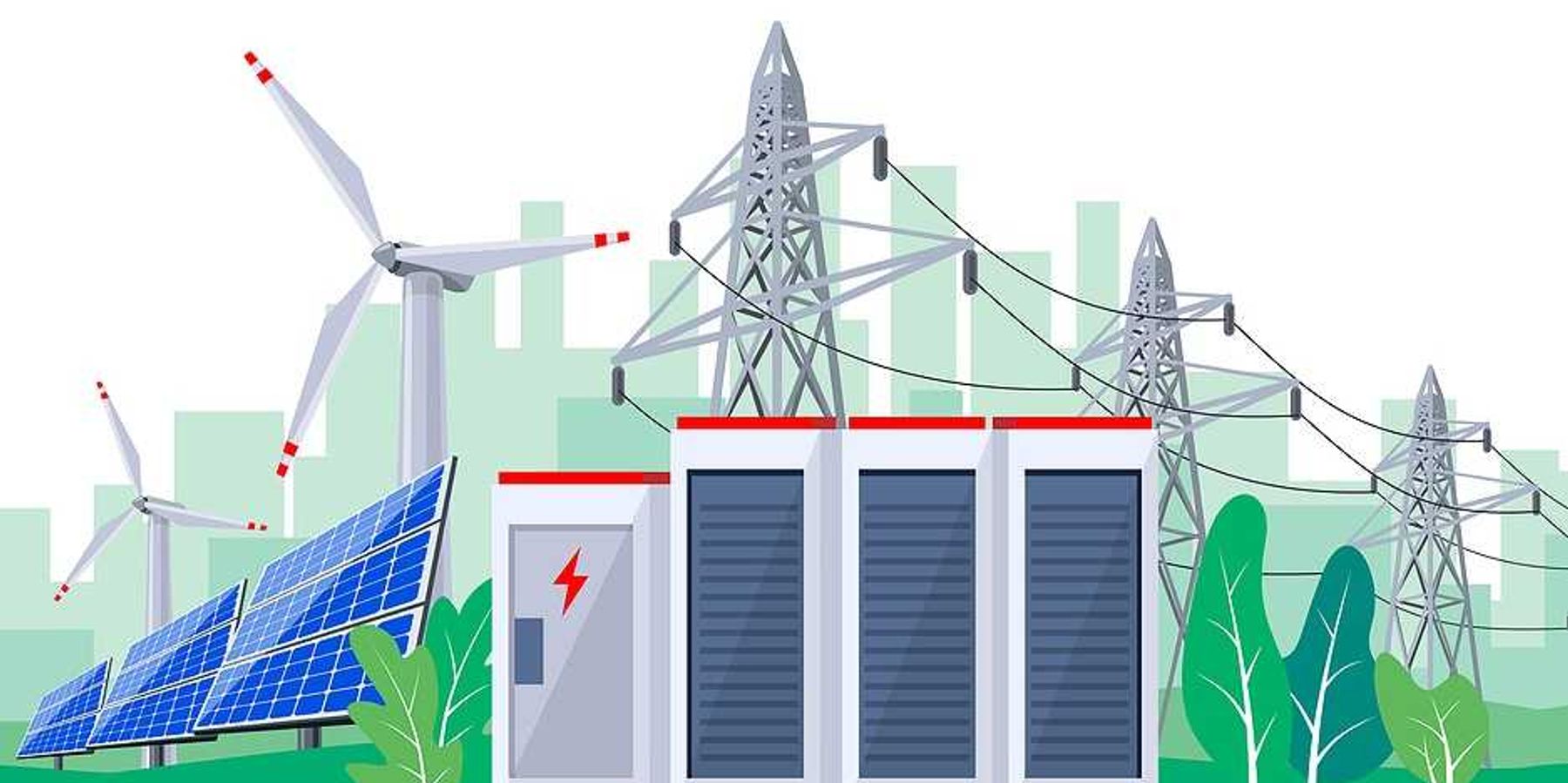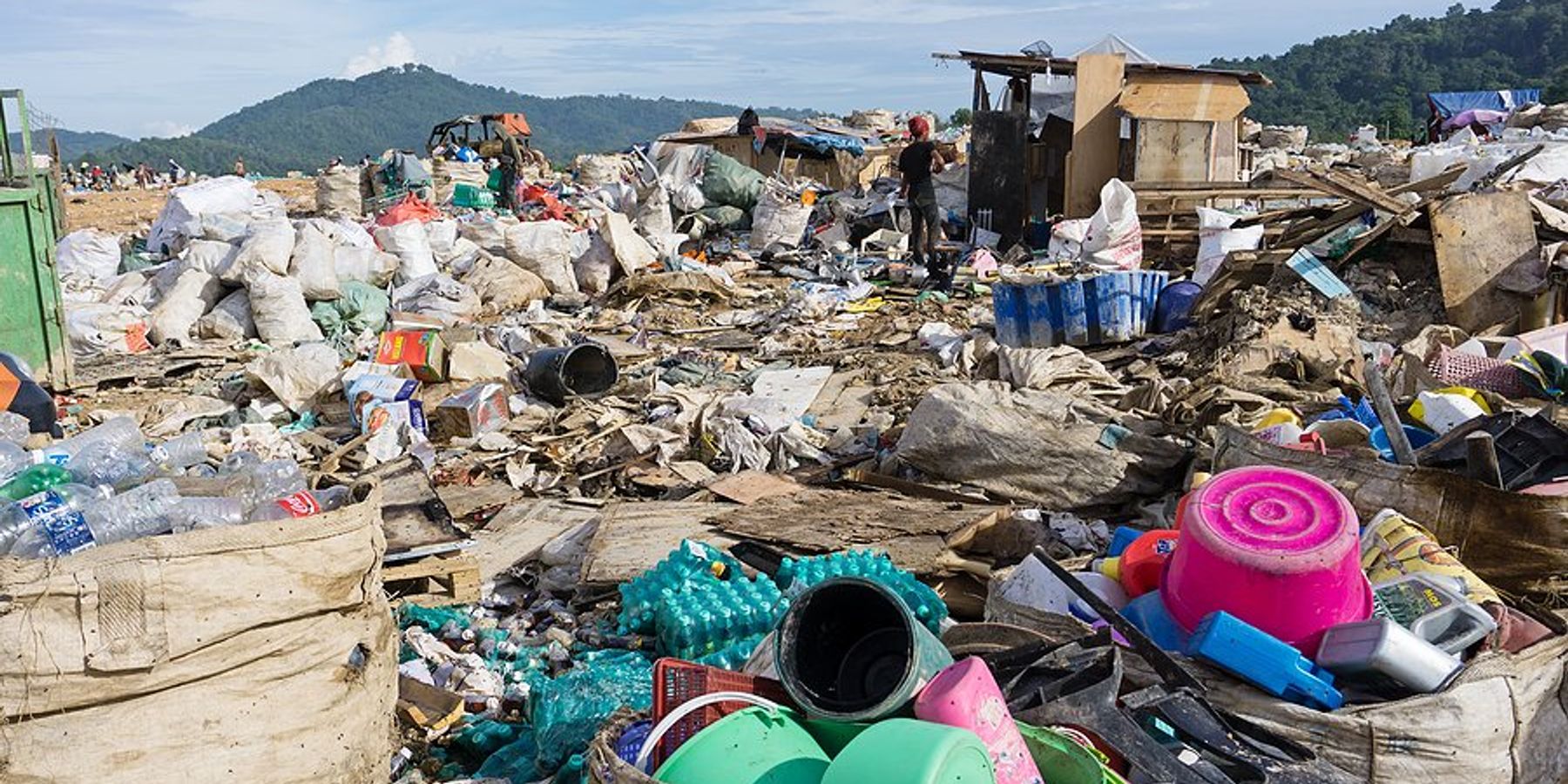cardiovascular disease
Climate change linked to an increased risk of cardiovascular issues, including death
In short:
- An increased risk of cardiovascular disease was specifically linked to extreme temperatures, ground-level air pollution, hurricanes, cyclones, and dust storms.
- In some cases, experiencing a combination of stressors (such as pollution and high temperatures) amplified the risk.
- Older adults, individuals from minority groups, and those in low income communities were disproportionately affected by these stressors.
Key quote:
“Urgent action is needed to reduce greenhouse gas emissions and lower climate change–associated cardiovascular risk in vulnerable populations.”
Why this matters:
As climate change continues to alter global weather patterns, the environmental consequences examined in this article are becoming more common and more intense. With international climate agreements like COP28 failing to definitively address fossil fuels and other drivers of global warming, the authors emphasize the need to recognizethe human health impacts of climate change as a way to push for concrete action.
Related EHN coverage:
- Eliminating fossil fuels would save millions of lives, study finds
- Op-ed: How climate change harms pregnant people and their babies
- Oil and gas production responsible for $77 billion in annual US health damages: Study
More resources:
- Climate Change Resources provides numerous sources of news, information, and avenues for action on climate change related issues.
- The Intergovernmental Panel on Climate Change (IPCC) assesses international climate change science.
Allegheny County exec race comes as air quality decisions loom
Poison in the haze: documenting life under Ahvaz’s oppressive orange skies
Ahvaz, in western Iran, is one of the world’s most polluted cities. Mohamad Madadi has made it a mission to photograph his home town’s environmental crisis.
Chicago-area organizations call on Pritzker to slash emissions from diesel trucks
Ozuru Ukoha, a cardiothoracic surgeon in Chicago, treats patients with severe lung diseases, many of whom are constantly exposed to pollution from diesel trucks.
For low-income Pittsburgh, clean air remains an elusive goal
Once known as the “City of Smoke,” Pittsburgh has come a long way since the days when filthy air turned downtown streets dark at mid-day. But in struggling communities near the remaining steel plants, high levels of air pollution persist.









